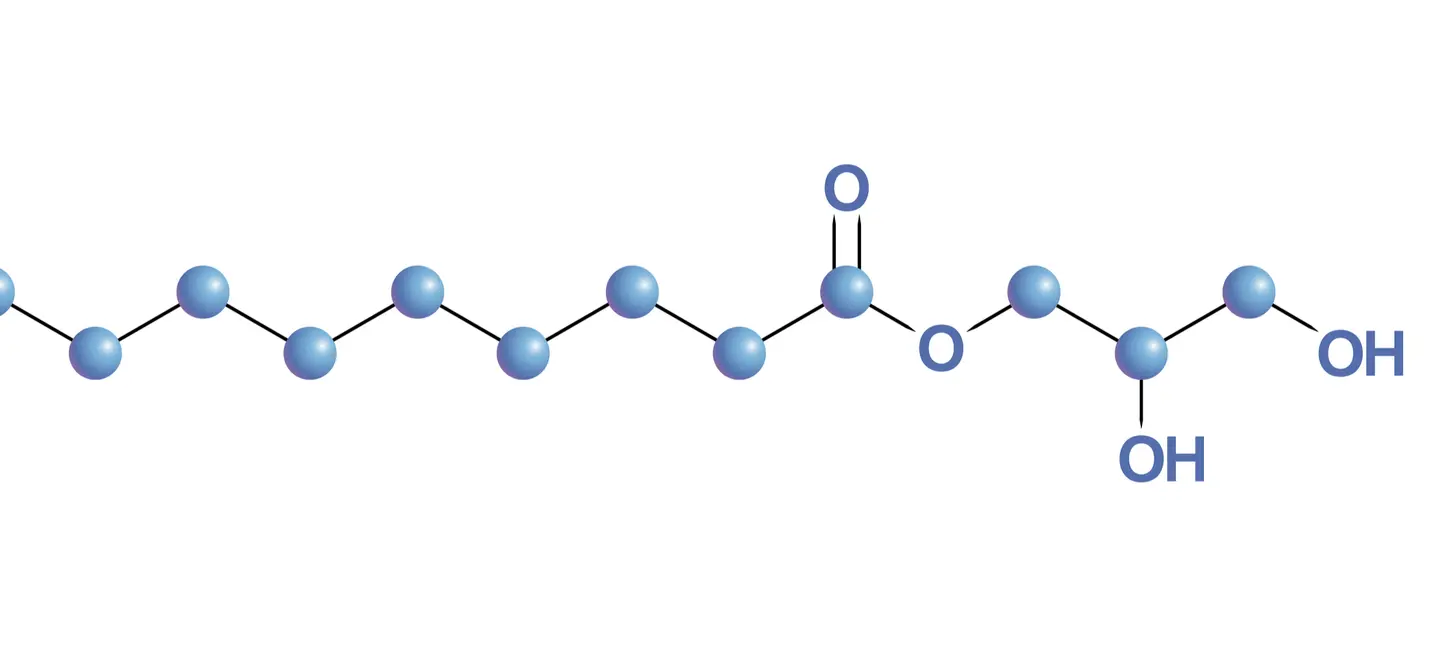
Monolaurin is a chemical made from lauric acid, which is found in coconut oil and human breast milk.
Monolaurin is used for the common cold, flu (influenza), shingles (herpes zoster), and other infections, but there is no good scientific evidence to support its use.
In foods, monolaurin is used in the production of ice cream, margarine, and spaghetti.
In manufacturing, monolaurin is used in making cosmetics, detergents, and insecticides.
Is It Effective?
NatMed Pro rates effectiveness based on scientific evidence according to the following scale: Effective, Likely Effective, Possibly Effective, Possibly Ineffective, Likely Ineffective, Ineffective, and Insufficient Evidence to Rate.
- Overgrowth of bacteria in the vagina.
- Chronic fatigue syndrome (CFS).
- Common cold.
- Flu (influenza).
- Shingles (herpes zoster).
- Strengthening the immune system.
- Other conditions.
More evidence is needed to rate the effectiveness of monolaurin for these uses.
Is it Safe?
Early research suggests monolaurin can prevent the growth of some bacteria in test tubes.
When taken by mouth: Monolaurin is LIKELY SAFE for most people when used in amounts commonly found in foods. There isn't enough reliable information to know if monolaurin is safe when used in medicinal amounts.
When applied to the vagina: There isn't enough reliable information to know if monolaurin is safe when applied as a gel in the vagina.
Special Precautions & Warnings:
Pregnancy and breast-feeding: Monolaurin is LIKELY SAFE when consumed in the amounts found in foods. There isn't enough reliable information to know if monolaurin is safe to use in medicinal amounts when pregnant or breast-feeding. Stay on the safe side and stick to food amounts..
It is not known if Monolaurin interacts with any medicines. Before taking Monolaurin, talk with your healthcare professional if you take any medications.
There are no known interactions with herbs and supplements.
There are no known interactions with foods.
The appropriate dose of monolaurin depends on several factors such as the user's age, health, and several other conditions. At this time there is not enough scientific information to determine an appropriate range of doses for monolaurin. Keep in mind that natural products are not always necessarily safe and dosages can be important. Be sure to follow relevant directions on product labels and consult your pharmacist or physician or other healthcare professional before using.
Distilled Monoglyceride, Glycerin Monolaurate, Glycerol Monolaurate, Glycerol 1-monolaurate, Lauricidin, Lauric Acid Monoglyceride, 1-Lauroyl-rac-glycerol, Monoglycéride Distillé, Monolaurine.
Information on this website is for informational use only and is not intended to replace professional medical advice, diagnosis, or treatment. While evidence-based, it is not guaranteed to be error-free and is not intended to meet any particular user’s needs or requirements or to cover all possible uses, safety concerns, interactions, outcomes, or adverse effects. Always check with your doctor or other medical professional before making healthcare decisions (including taking any medication) and do not delay or disregard seeking medical advice or treatment based on any information displayed on this website.
© TRC Healthcare 2024. All rights reserved. Use and/or distribution is permitted only pursuant to a valid license or other permission from TRC Healthcare.
